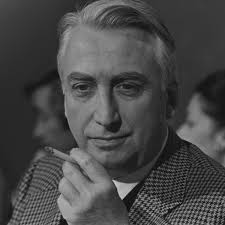Open week again, with a twist: this time, find and post to your blog any artwork inspired by fairy tales (you may interpret “artwork” as loosely as you like: drawing, painting, photograph, song, film clip . . . anything you consider artistic. You are also very welcome to create and post your own art).
Add your own brief (300 word max) commentary on the piece you chose. Frame your comments by connecting this art to our course in some way: texts, critical perspectives, discussions, whatever catches your imagination. The body of the post can focus on whatever you like: analysis of the art, synthesis of intriguing context, your personal interpretation of the piece, your reason for choosing it . . . anything at all.
Somewhere in your post, practice citation skills by giving the necessary information on the artwork (artist, medium, date, and citation/source for the image).
Goals:
- Practice adding media to a WordPress post.
- Practice citation of non-textual sources.
- Be creative and have fun!

